Shasta Daisy
Chrysanthemum maximum
Leucanthemum × superbum
Alaska
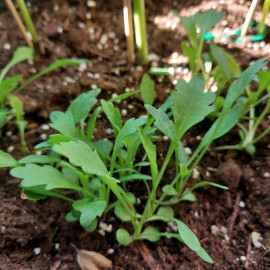
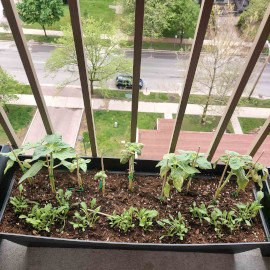
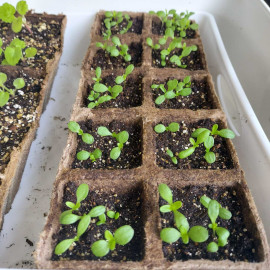
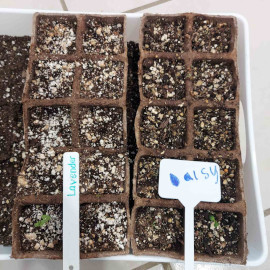
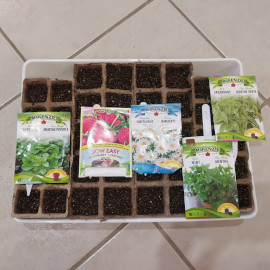
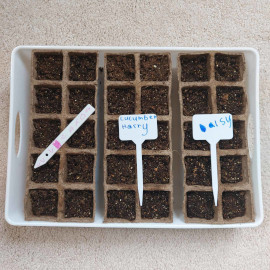
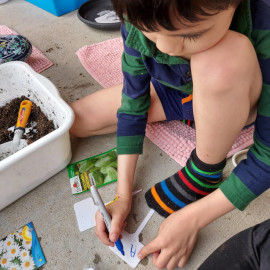
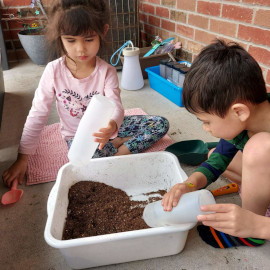
Shasta Daisy
1890 intergeneric hybrid from 3 continents. Named after Mount Shasta for the snow color. A short lived perennials.
Planted March and April 2022
McKenzie seeds
Journal 2022
- March
- 17: Harrison's plant. Planted from seeds (McKenzie) by Harrison.
- 25: Watered thoroughly in preparation of 10 days holiday.
- April
- 3: Back from holiday, only 1 seedling grow and survive. The rest are either dried out and dead or not growing.
- 5: Replanted in large 2x5 jiffy pots.
- 21: Growing well, thriving in jiffy. About 1-2 cm tall.
- May
- 6: 5 cm tall
- 6: Arranged together in the large long patio container: 1 row of daisy and 1 row of sunflowers (from both white pot and jiffies).
- Summer
- Early summer: Not thriving. Probably struggling in over crowded pot. Let go. Harry is sad about this.
Package information
- Shasta Daisy, Alaska. Perennial.
- McKenzie, $1.89
- Full sun, 60 cm height, cutflower
- Days to sprout 10-20
- Seed depth 3 mm
- Seed spacing 6 mm
- Spread 35 cm
- Bloom period July-frost
- Start indoor 6-8 weeks before last frost.
Care
- Fertilizer: need but just a little. Feed with N low fertilizer every 3 months during growing season. Recommended: 0-20-20. Bone meal, compost, well-rotted manure.
- The other reference mentioned: monthly with well-balanced fertilizer.
- Water: drought tolerant for short period of time. Water an inch a week. Sensitive to soggy soil and overwatering. Better to underwater and overwater. Water well when young.
- Loose, well-drained soil.
- Full sun or partial sun. More blooms in full sun though.
- Not to worry much abuot diseases or pests
- Deadhead
- Rot: Such as root rot. Watch out: humid and wet environment. If root rot suspected, gently dig up plant, cut away infected roots and foliage. Make sure soil is well draining. Replant only healthy part.
- Wilt: Symptoms: yellowing, drooping, dropping foliage. When to watch: cool temperature, soggy soil. Will spread from basal leaves to the outer leaves. Remove and discard diseased leaves and roots. Keep daisy in sunny location, only water when needed.